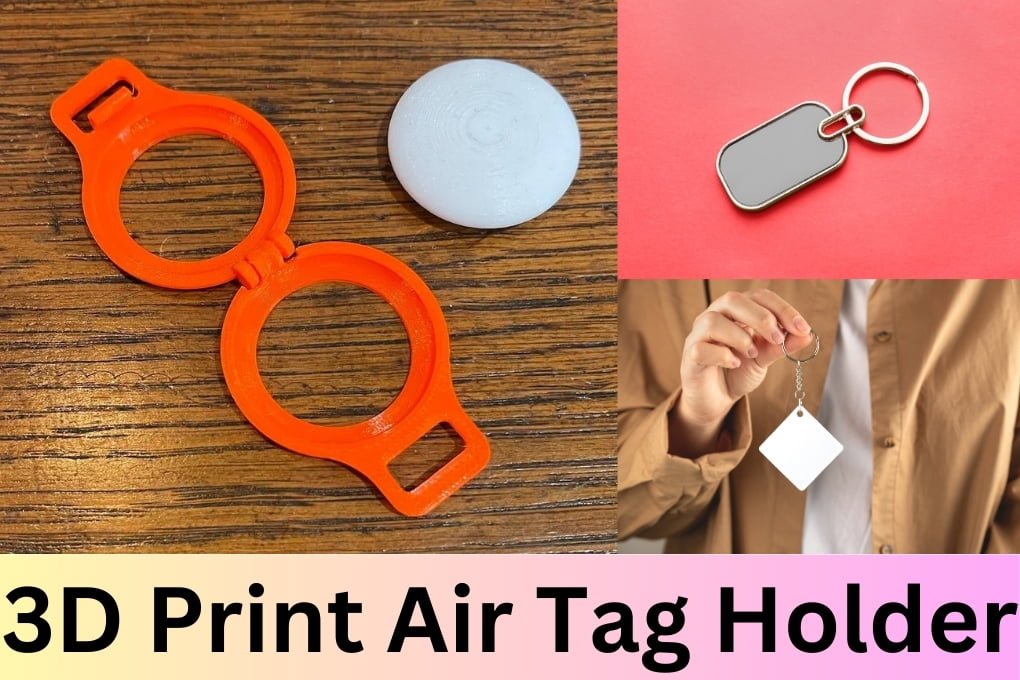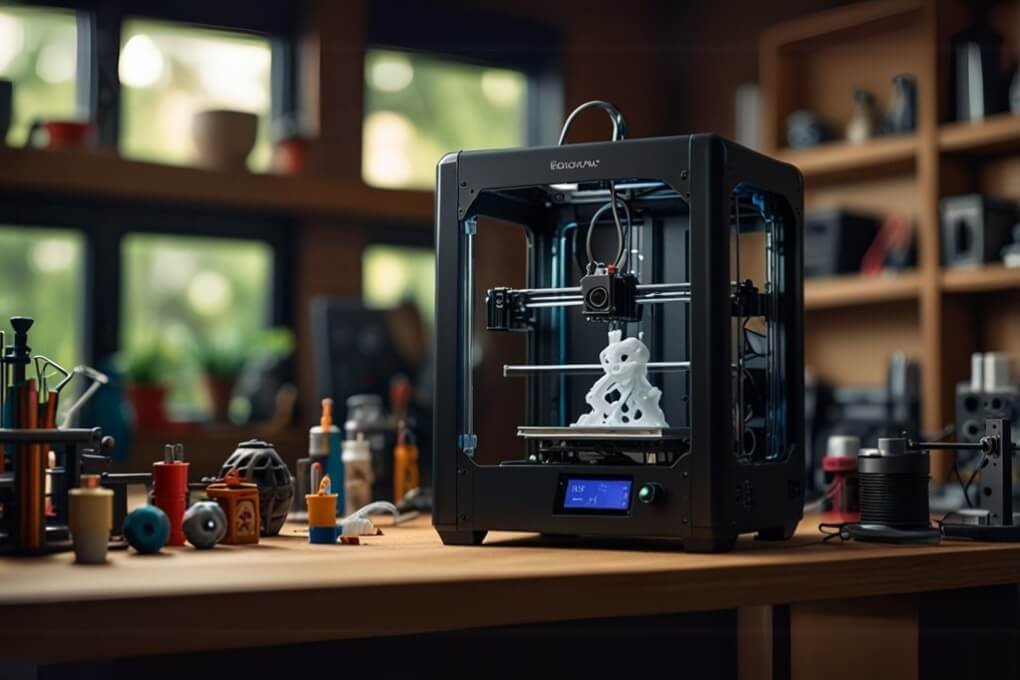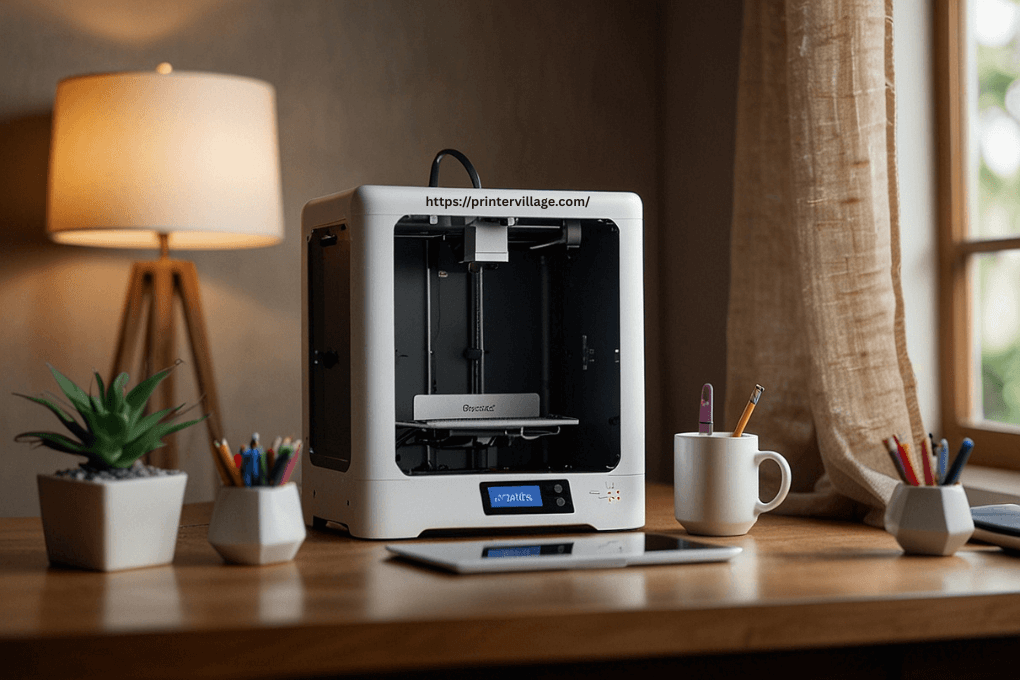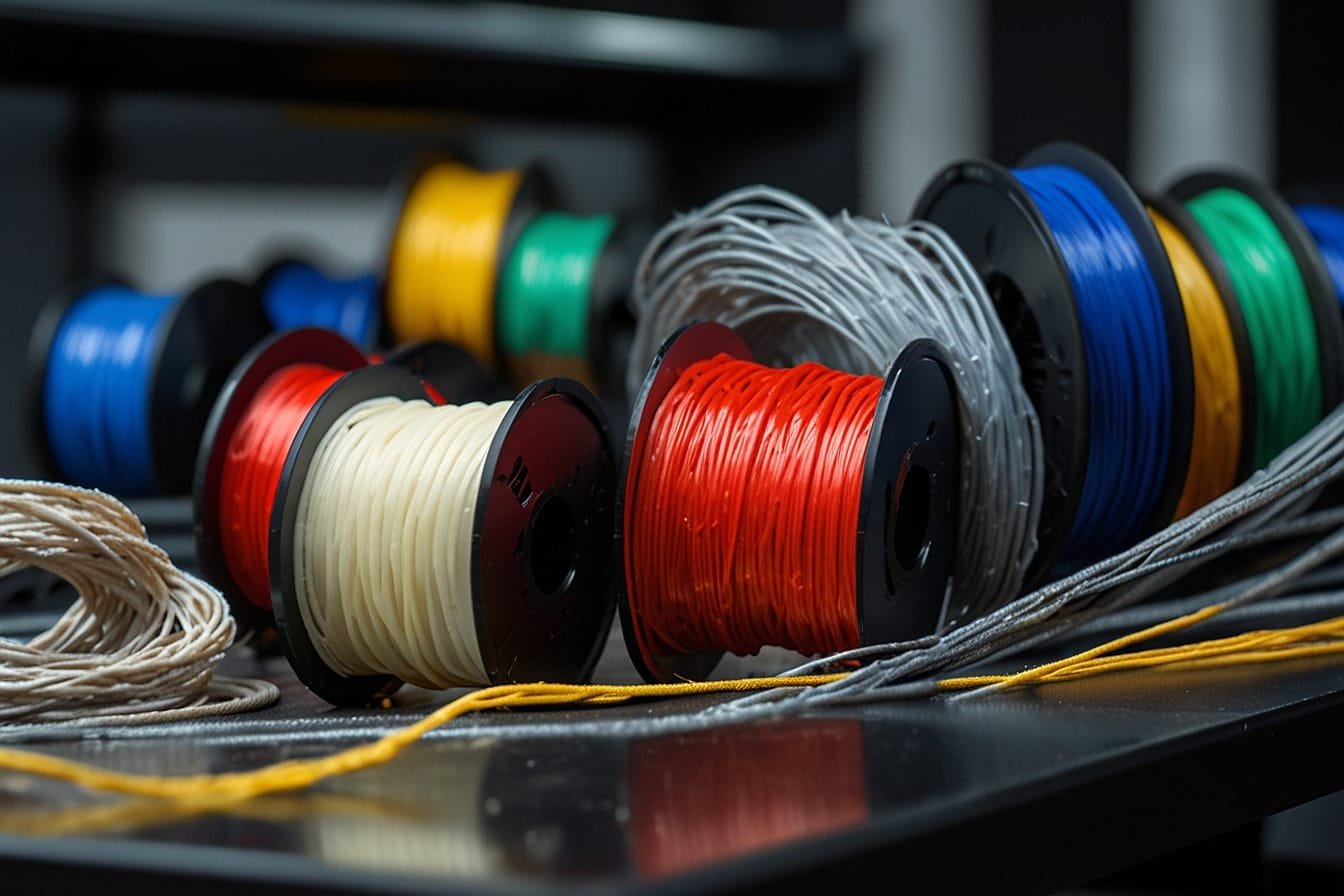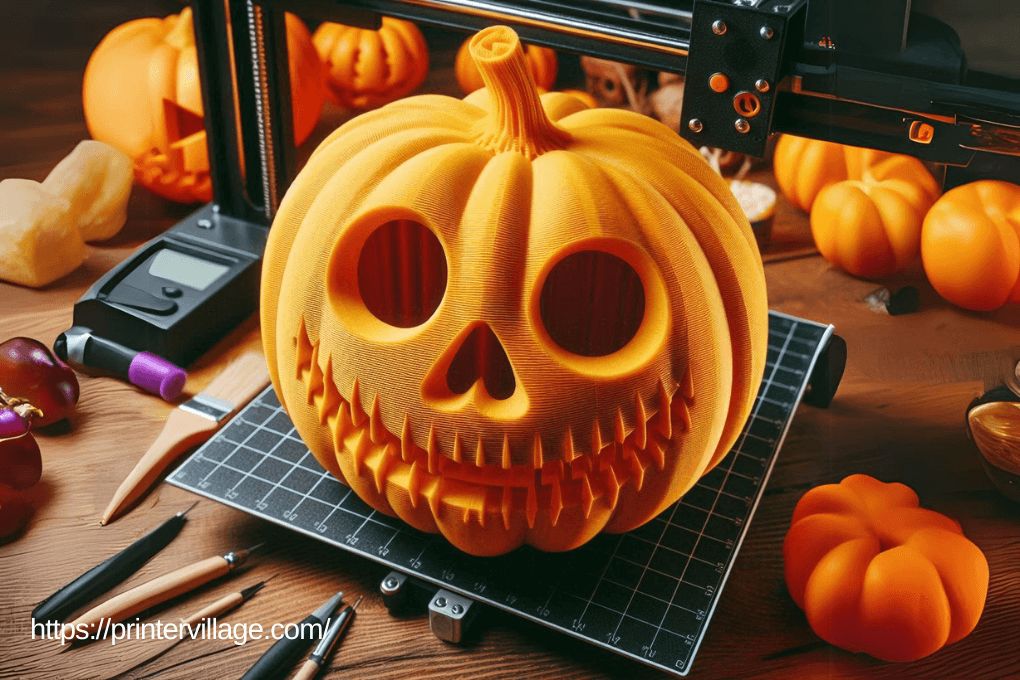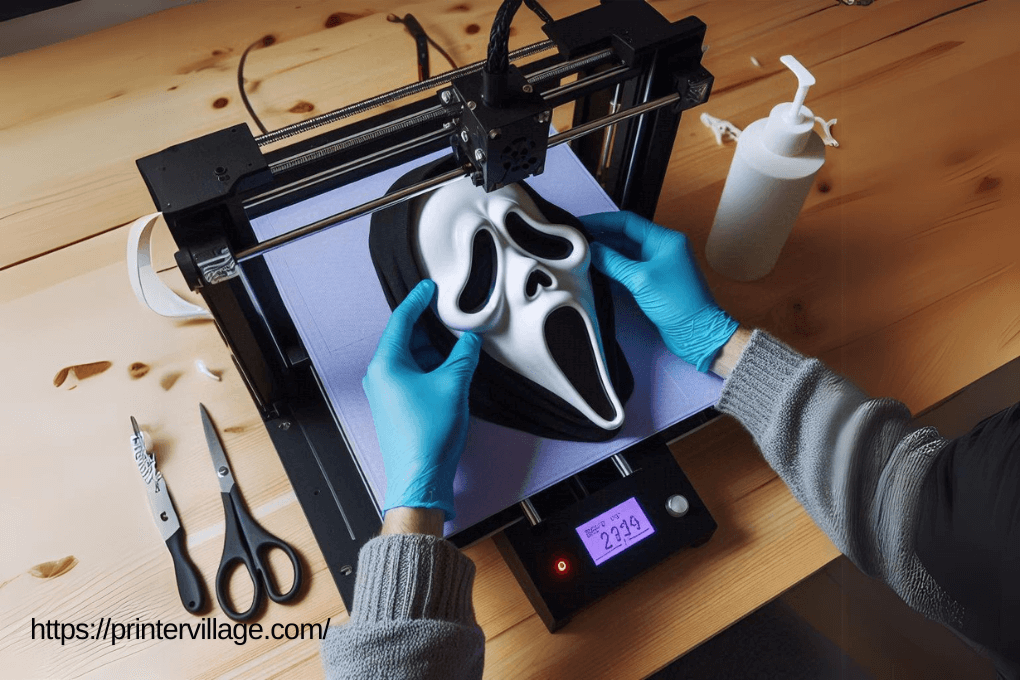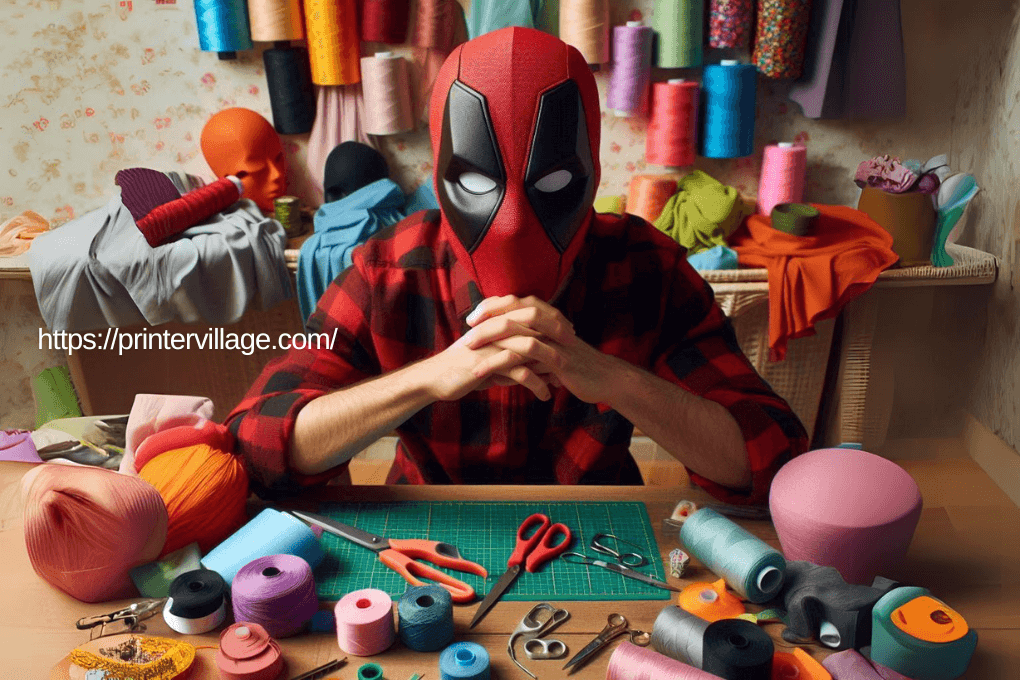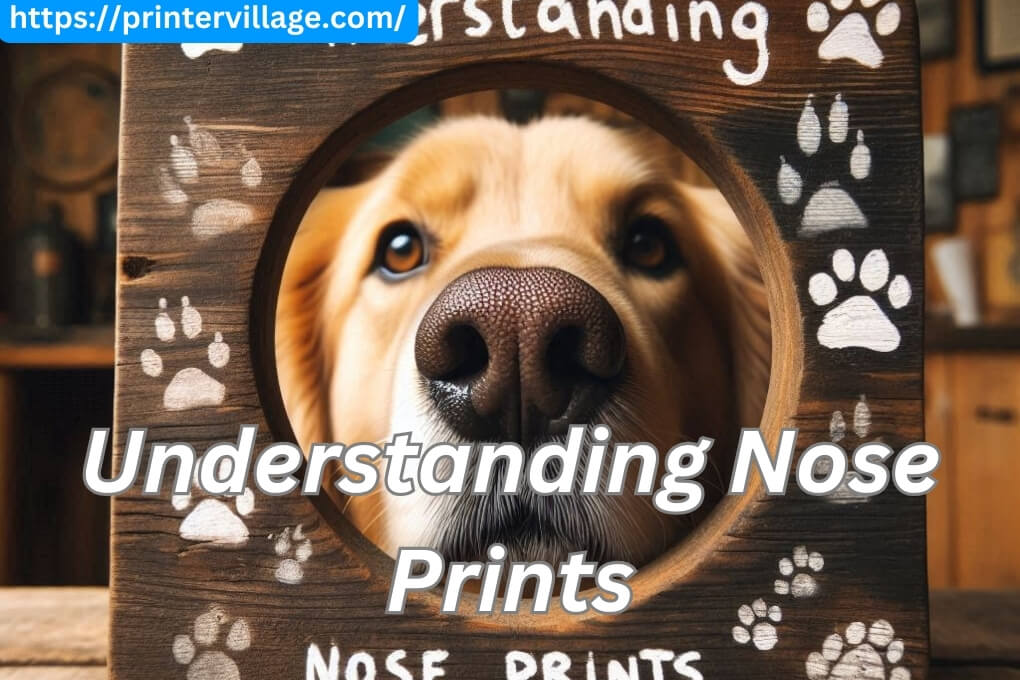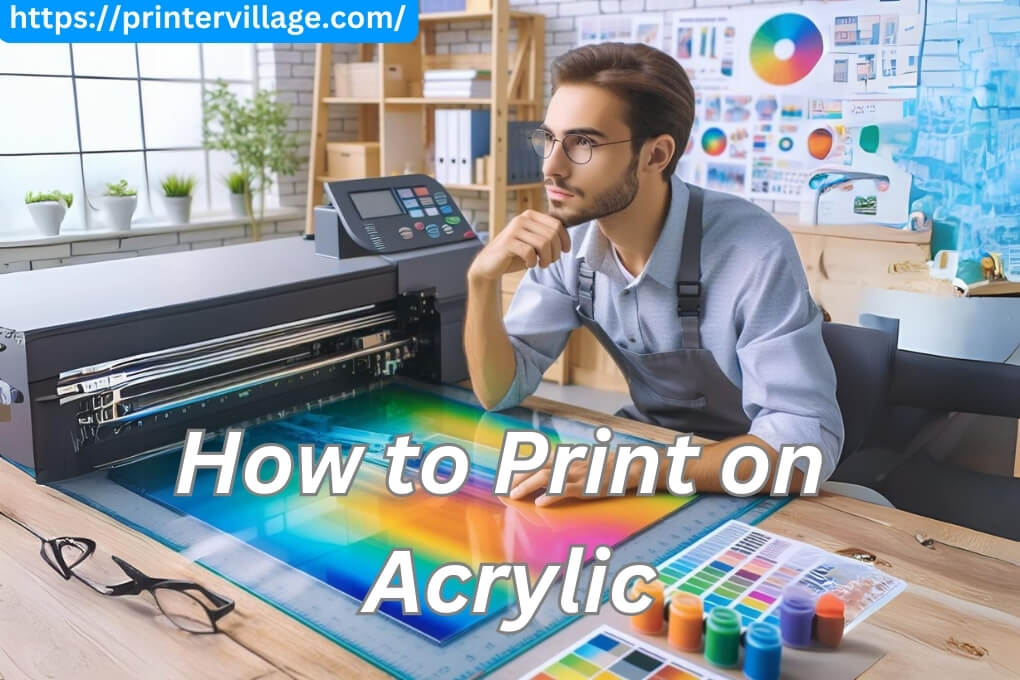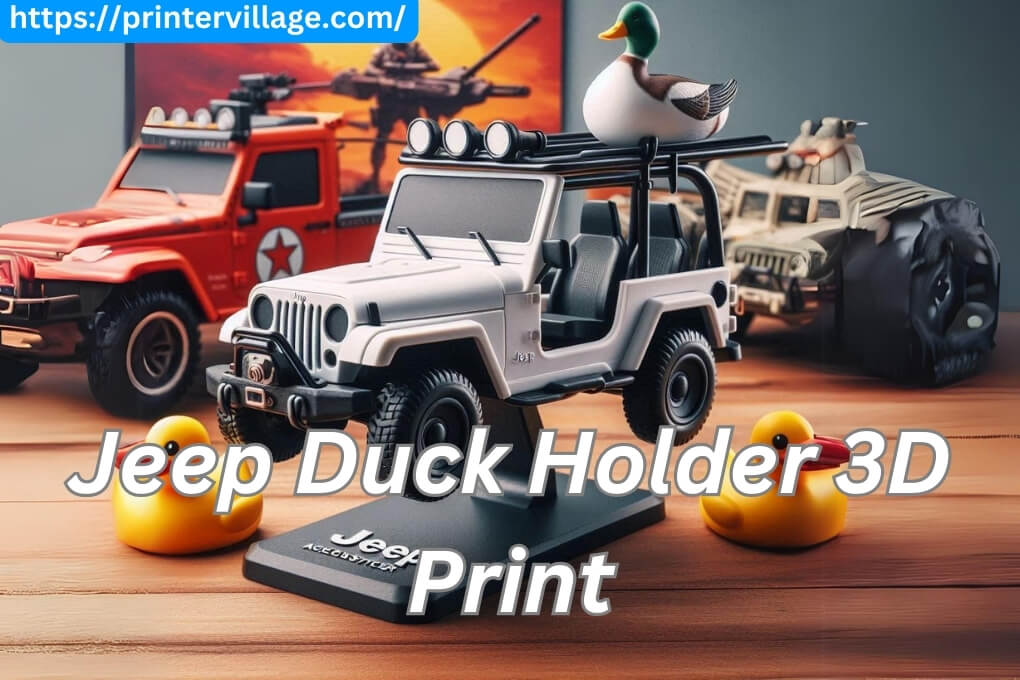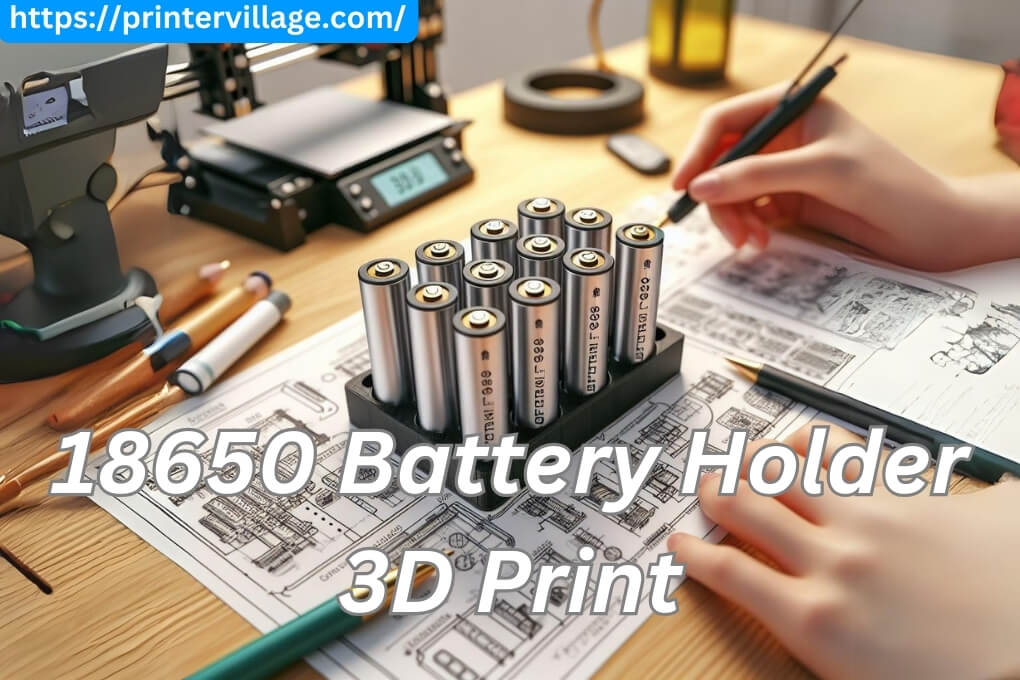Yes, it is possible to 3D print an air tag holder.
3D printing has revolutionized the way we create and manufacture various objects, and it can certainly be used to create a customized holder for Apple’s AirTags. Whether you want a sleek and minimalist design or a more intricate and personalized one, 3D printing allows you to bring your ideas to life and securely hold your AirTags in style.
I. Benefits of Using a 3D Printed Air Tag Holder
When it comes to keeping track of your belongings, Apple’s AirTags are a game-changer. These small, Bluetooth-enabled devices can be attached to your keys, wallet, or any other valuable item, allowing you to easily locate them using your iPhone. However, to ensure that your AirTag stays securely attached, it’s essential to invest in a reliable holder. This is where 3D printing comes in.
1. Customization
One of the major advantages of using a 3D printed AirTag holder is the ability to customize it to your exact needs. With traditional holders, you may be limited to a few design options. However, with 3D printing, you can create a holder that perfectly fits your AirTag and matches your personal style. Whether you prefer a sleek and minimalist design or something more vibrant and eye-catching, the possibilities are endless.
2. Durability
Another benefit of 3D printed AirTag holders is their durability. When you 3D print a holder, you can choose from a variety of materials such as PLA or ABS, which are known for their strength and resilience. This means that your AirTag holder will be able to withstand everyday wear and tear, ensuring that your AirTag remains securely attached to your belongings.
3. Cost-Effectiveness
3D printing your own AirTag holder can also be a cost-effective option. While some pre-made holders can be quite expensive, 3D printing allows you to create your own holder at a fraction of the cost. All you need is access to a 3D printer and the necessary materials, which are often affordable and readily available.
4. Accessibility
Thanks to the growing popularity of 3D printing, it has become increasingly accessible to individuals who want to create their own products. Many communities and makerspaces offer access to 3D printers, making it easy for anyone to bring their ideas to life. Additionally, there are numerous online platforms where you can find and download 3D printable designs for AirTag holders, eliminating the need for any design skills.
5. Eco-Friendly
Finally, 3D printing your AirTag holder is an eco-friendly choice. By creating your own holder, you are reducing the need for mass-produced plastic holders, which often contribute to environmental pollution. Additionally, 3D printing allows for efficient use of materials, minimizing waste and promoting sustainability.
II. How to Choose the Right Design for Your Air Tag Holder
When it comes to choosing the right design for your Air Tag holder, there are a few key factors to consider.
Here are some tips to help you make the best decision:
- Functionality: The first thing to consider is how the Air Tag holder will function. Do you want it to simply attach to your keychain, or would you prefer a design that allows you to clip it onto a bag or belt loop? Think about how you plan to use the Air Tag and choose a design that suits your needs.
- Protection: Another important factor to consider is the level of protection you want for your Air Tag. Some designs offer full coverage, protecting the Air Tag from scratches and bumps, while others may leave certain parts exposed. If you plan to use the Air Tag in rugged environments, you may want to opt for a more protective design.
- Style: Your Air Tag holder is not only a functional accessory but also a fashion statement. Consider your personal style and choose a design that complements it. Whether you prefer a sleek and minimalistic design or something more colorful and eye-catching, there are plenty of options available to suit your taste.
- Customization: If you want to add a personal touch to your Air Tag holder, look for designs that allow for customization. Some 3D printed designs can be easily modified to include your name, initials, or even a unique pattern. This way, you can make your Air Tag holder truly one-of-a-kind.
- Reviews and Recommendations: Before settling on a specific design, take the time to read reviews and seek recommendations from other Air Tag users. They can provide valuable insights into the durability, ease of use, and overall quality of different designs. This can help you make a more informed decision and ensure you choose a design that meets your expectations.
By considering these factors, you can confidently choose the right design for your Air Tag holder. Whether you prioritize functionality, protection, style, customization, or a combination of these factors, there is a 3D printed design out there that will meet your needs.
III. Step-by-Step Guide to 3D Printing an Air Tag Holder
- Choose a 3D design software: To start 3D printing an Air Tag holder, you’ll need to choose a 3D design software that suits your needs. Some popular options include AutoCAD, Fusion 360, and Tinkercad.
- Create or download a design: Once you have your 3D design software, you can either create your own design or download a pre-made design from online repositories such as Thingiverse or Cults3D. Make sure to select a design that is compatible with your specific Air Tag model.
- Adjust the design: If you choose to download a pre-made design, you may need to make some adjustments to ensure a perfect fit for your Air Tag. Use the 3D design software to modify the dimensions or add additional features if necessary.
- Prepare the 3D printer: Before printing, make sure your 3D printer is properly set up and calibrated. Check the printer’s bed leveling, filament spool, and nozzle temperature to ensure optimal printing conditions.
- Load the filament: If you’re using a filament-based 3D printer, load the desired filament color into the printer. Make sure the filament is properly fed through the extruder and ready for printing.
- Export the design file: Once your design is finalized and your printer is ready, export the design file in the appropriate format, such as .STL or .OBJ. This file will be used by the 3D printer to create your Air Tag holder.
- Start the printing process: Open the exported design file in your 3D printer’s software, and adjust any necessary printing settings such as layer height and print speed. Then, initiate the printing process and wait for your Air Tag holder to be printed.
- Remove the printed holder: Once the printing is complete, carefully remove the Air Tag holder from the 3D printer’s build plate. Use a spatula or scraper tool to gently detach the holder from the plate, taking care not to damage the printed object.
- Clean and post-process the holder: Depending on the printing material used, you may need to clean and post-process the Air Tag holder. This can include removing support structures, sanding rough edges, or applying a finishing coat to enhance the appearance of the holder.
- Test the fit and functionality: After the post-processing is complete, test the fit and functionality of the Air Tag holder by inserting your Air Tag into it. Ensure that the holder securely holds the Air Tag and allows easy access to the device’s features.
- Personalize and enjoy: If desired, you can further personalize your Air Tag holder by adding custom designs, patterns, or colors. Once personalized, attach the holder to your desired item, such as keys, bags, or pets, and enjoy the benefits of having a 3D printed Air Tag holder.
IV. Tips and Tricks for Successful 3D Printing of Air Tag Holders
When it comes to 3D printing an Air Tag holder, there are several tips and tricks that can help ensure a successful outcome.
Here are some important things to keep in mind:
1. Choose the Right Filament
Using the right filament is crucial for a high-quality print. Consider using a strong and durable filament such as PLA or PETG, as these materials are commonly used in 3D printing and provide excellent results. Additionally, consider the color of the filament to match your personal style or preferences.
2. Optimize the Printing Settings
Adjusting the printing settings is essential to achieve the desired outcome. Make sure to set the appropriate layer height, infill density, and print speed. These settings may vary depending on the 3D printer you are using, so consult the printer’s manual or online resources for guidance.
3. Use Support Structures
Support structures are often necessary for complex designs or overhangs. These structures provide additional stability during the printing process and prevent the model from collapsing. Most 3D printing software allows you to automatically generate support structures, so make sure to enable this feature if needed.
4. Ensure Proper Bed Adhesion
Proper bed adhesion is crucial to prevent the model from detaching or warping during printing. Before starting the print, ensure that the print bed is clean and level. Consider using adhesive materials such as a glue stick or a specialized bed adhesive to enhance bed adhesion.
5. Check for Printer Calibration
Regularly calibrating your 3D printer is essential for achieving accurate and precise prints. Check the printer’s calibration settings, including the nozzle height, extrusion multiplier, and flow rate. Fine-tuning these settings can significantly improve the overall print quality.
6. Post-Processing and Finishing
Once the print is complete, it’s time for post-processing and finishing touches. Remove any support structures carefully using pliers or a similar tool. Sand down any rough edges or imperfections using sandpaper or a sanding block. If desired, you can also paint or apply a protective coating to the printed Air Tag holder.
By following these tips and tricks, you can ensure a successful 3D printing experience and create a high-quality Air Tag holder that meets your needs and preferences.
Frequently Asked Questions about 3D Print Air Tag Holder
What is a 3D printed Air Tag holder?
A 3D printed Air Tag holder is a small accessory that is specifically designed to securely hold an Apple Air Tag, allowing you to attach it to various items such as keys, bags, or wallets.
Why should I use a 3D printed Air Tag holder?
Using a 3D printed Air Tag holder provides an extra layer of protection for your Air Tag, preventing it from getting scratched or damaged. It also offers different attachment options, making it easier to secure the Air Tag to different objects.
Can I customize the design of a 3D printed Air Tag holder?
Yes, one of the advantages of 3D printing is the ability to customize designs. You can find various pre-designed Air Tag holder models online, or you can create your own unique design using 3D modeling software.
What materials are commonly used for 3D printed Air Tag holders?
3D printed Air Tag holders are often made from materials such as PLA (Polylactic Acid) or PETG (Polyethylene Terephthalate Glycol). These materials are durable, lightweight, and suitable for everyday use.
Can I purchase a 3D printed Air Tag holder or do I need a 3D printer?
You can purchase 3D printed Air Tag holders from various online marketplaces or directly from sellers who offer 3D printing services. If you have access to a 3D printer, you can also download the design files and print them yourself.
How do I attach a 3D printed Air Tag holder to an item?
Most 3D printed Air Tag holders come with attachment options such as keyrings, adhesive backings, or loops. You can choose the attachment method that suits your needs and easily secure the holder to your desired item.
Are 3D printed Air Tag holders waterproof?
The waterproofness of a 3D printed Air Tag holder depends on the design and material used. Some holders may offer water resistance, but it’s important to check the specifications or consult the seller to ensure the level of protection you need.
Can I use a 3D printed Air Tag holder for other tracking devices?
While 3D printed Air Tag holders are specifically designed for Apple Air Tags, you may find some holders that can accommodate other tracking devices with similar dimensions. Always check the compatibility before purchasing or printing.
Are 3D printed Air Tag holders secure?
3D printed Air Tag holders are designed to securely hold the Air Tag, ensuring it doesn’t accidentally detach from the holder. However, it’s important to choose a high-quality design and properly attach the holder to minimize the risk of losing the Air Tag.
Can I share or sell my 3D printed Air Tag holder designs?
If you have created your own unique 3D printed Air Tag holder design, you can choose to share it with others for personal use. However, it’s important to respect intellectual property rights and not sell or distribute someone else’s copyrighted designs without permission.
Conclusion on 3D Print Air Tag Holder
With the growing popularity of Apple’s AirTags, having a 3D printed AirTag holder is not only a practical solution but also a stylish accessory.
By utilizing the capabilities of 3D printing technology, you can create a customized and secure holder for your AirTag.
Whether you prefer a keychain, a wallet attachment, or a clip-on option, the possibilities are endless. Start exploring the world of 3D printing and elevate your AirTag experience today!
